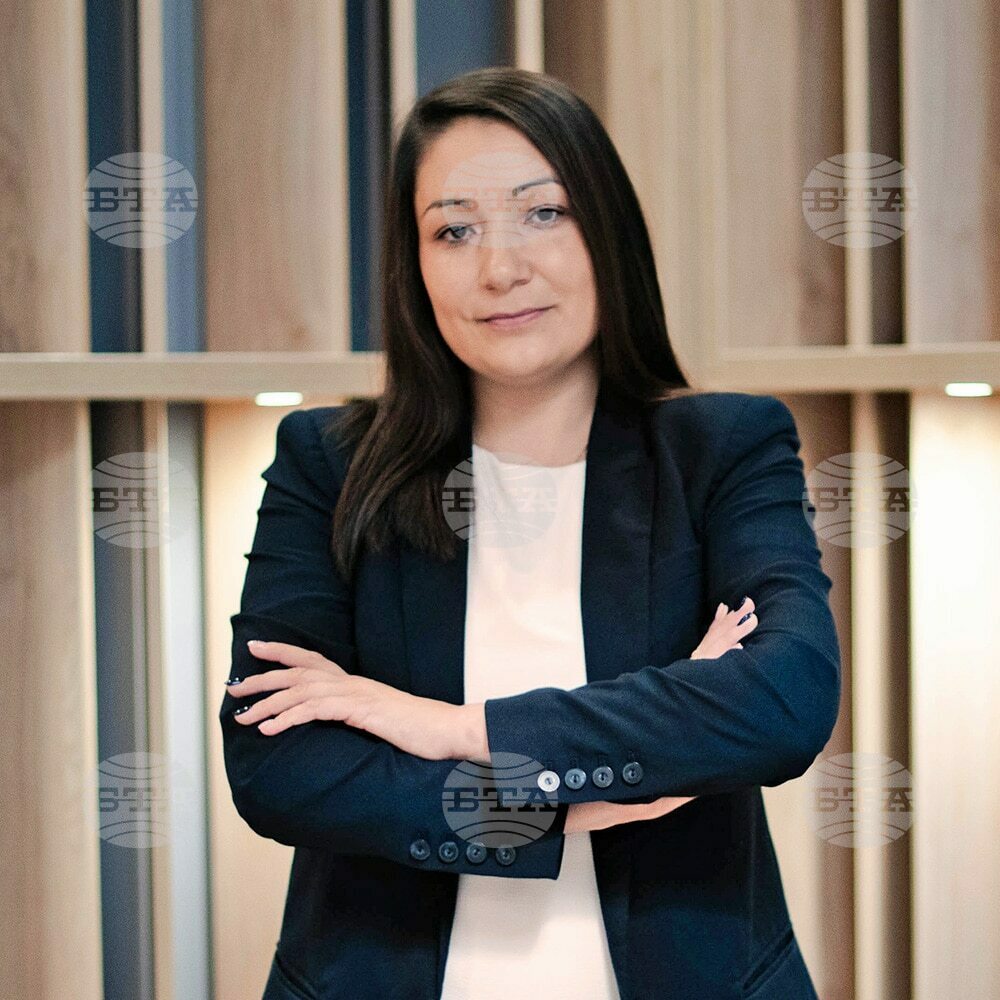site.btaUPDATED Circular Textile Association Head: Bulgarians Buy Nearly 15 kg of Textiles a Year, Discard 11 kg


In an interview for BTA, Bulgarian Association Circular Textile (BACT) Executive Director Sirma Zheleva talked about how much clothes Bulgarians buy and throw away, and how much of those textiles could be reused. She said that some 100,000 tonnes of clothing and home textiles end up in the garbage bin a year, meaning Bulgarians buy nearly 15 kg of textiles and throw away 11 kg a year.
According to EU data, in the last 5 years the average European has bought between 15 kg and 26 kg of textile products. This is equivalent to more than the emissions emitted during their commute to and from work over the same period, Zheleva said.
She also said the textile sector is one of the largest consumers of water and is the second largest water polluter in the world. More wastewater is released from textile production than from all of humanity's domestic uses (as a result of bathing, cooking, cleaning, etc.). No other single industry consumes and pollutes so much water, Zheleva told BTA.
"If we dispose of our unwanted clothes and textiles in the general containers, they go directly to landfill. There they decompose for decades, pollute the soil and water, and emit harmful emissions. It is very easy to prevent all this. However, people should know that recycling textiles is a complicated task, as most clothes are made of different materials. That is why we have also been running an information campaign for years to explain to Bulgarians the stages and process of circularity in our sector," the BACT Executive Director said.
According to her, there needs to be a change in habits and perceptions - it needs to become fashionable to buy clothes that can be recycled, and this needs to be thought through in advance, when they are produced and before they are sold. Europe is trying to change this and by 2025 every EU Member State, including Bulgaria, should have a nationwide textile separation collection system that covers the whole territory of the country and ensures equal access for all citizens.
"In Bulgaria, we have a fairly well-developed second-hand clothing trade - something that countries in Western Europe are trying to achieve even by investing a lot of money to support this business. We think that in Bulgaria the business should be supported. There should not be charges for second-hand clothes, as ideas are being heard, but on the contrary, we should look for ways to encourage reuse, because it is part of the circular economy and the new green business models," Zheleva argued. She noted that Bulgaria is not lagging behind, but even ranks among the best examples when it comes to opportunities for the recovery of unused textiles. This country has facilities with good practices and capacity, she added.
In the last three years alone, BACT member companies have sorted and processed around 100,000 tonnes of textile waste. More than 85% of them have been prepared for reuse or recycling, Zheleva specified. Already in 2018, BACT members placed the first containers for unwanted textiles in Bulgaria as a step towards the introduction of a separate textile collection system at national level. Starting with 20 containers, BACT member companies now have over 320 specialized containers for separate collection of textiles from households across the country. Collected textiles are recovered, prioritised for reuse or recycling.
Calculations show that as a result of the activities of the companies that are part of BACT, 1.7 million tonnes of carbon emissions have been saved for the production of new textiles and clothing, which is equivalent to the annual emissions of 2 million cars, or three-fourths of all cars in Bulgaria. Zheleva said further that 35,000 tonnes of natural fabrics and associated rotting emissions have been prevented - this is equivalent to the amount of household waste of 80,000 Bulgarians in a whole year, and 50,000 tonnes of man-made clothing and fabrics have been prevented, which is equivalent to the plastic saved for the production of 5 billion bottles. The amount of water saved from the production of new clothes is as much as the water consumed by 330,000 Europeans in one year.
"So, our advice to people is simple: buy clothes that will last over time, because that saves money and supports the environment. Also, forget the stereotypes about second-hand clothes - they're fashionable, well-priced and there are unique finds to be found. And when the time comes to part with some clothes, do it the right way and dispose of them in the textile separation collection containers, because this ensures their proper recovery and recycling," Zheleva said.
/DS/
news.modal.header
news.modal.text